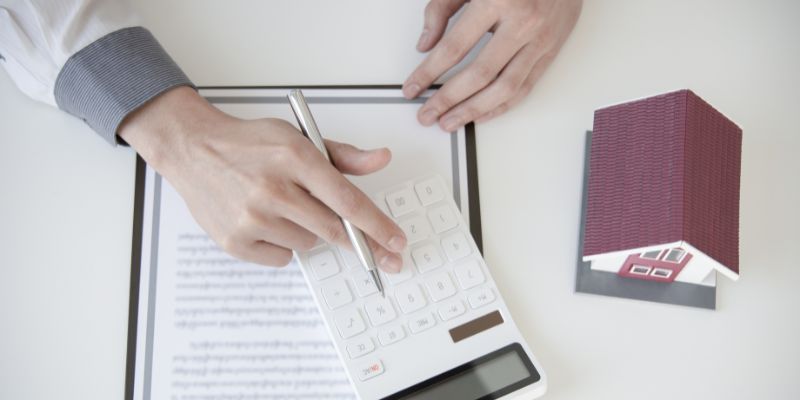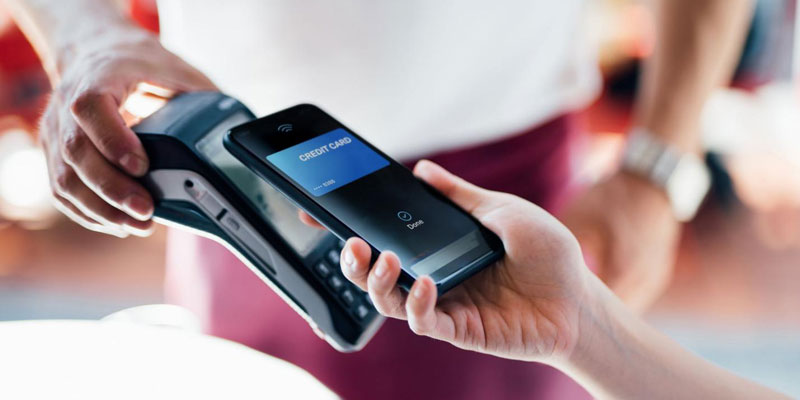If you're planning to invest in real estate, buying a property at auction might be a thrilling alternative to the conventional way. The chances of discovering a profitable investment have never been higher than with the advent of live and online auctions.
Most individuals, without a doubt, see themselves scoring a once-in-a-lifetime bargain at an auction. Although it's possible, it doesn't usually occur that way. However, it is also possible to make a major investment blunder; therefore, you must come to the auction well-prepared.
As long as you take it slowly and attentively and ask for help when you need it, anyone can learn it and use it successfully. Buying a home at an auction may be a fantastic way to find a long-term investment in real estate.
But before diving in headfirst, ensure you have a firm grasp on how auctions function. After reading this, you should feel more confident in bidding at auctions and acquiring a house at a fair price.

How Does A Foreclosed Property Auction Work?
Buying a property at auction isn't more difficult than buying a home any other way; it's just a different procedure. The same holds for the real estate auction process; the more you know about it, the simpler it will be.
However, there is no need to rule out purchasing a home at auction, as they often offer excellent prices. An auction is often held in a courthouse. When a given venue is too small to accommodate the anticipated number of bidders, auctioneering services will sometimes select an alternative site.
Conversely, as the government frequently acts as the seller at tax lien auctions, the local sheriff is typically in charge of managing and presiding over these sales. The minimum acceptable bid at an auction is normally the total amount owed. If the opening bid isn't accepted, the lender or government often puts the property aside to be sold later.
Assuming the opening bid is accepted, the bidding process will continue for whoever places the highest offer and is otherwise qualified to participate in the auction. A certificate of sale will be sent to the investor upon receipt of the final payment. A certificate of title will be provided to the buyer within 10 days, though it is typically delivered much sooner.

What To Consider Before Buying A Foreclosed Home At an Auction?
Potential homebuyers at auctions should be much more careful than they would be with a more conventional transaction. There is at least a common goal: to acquire a property with the expectation of increasing its value through improvements and resale.
That's why it's crucial for those looking to buy a property at auction to consider all the same factors they would when making a more conventional real estate purchase. However, there are certain extra considerations that auction property buyers should consider.
People interested in purchasing a home at auction should pay careful attention to the property's condition. Property sold at auction sometimes sits empty for long periods, leaving it vulnerable to mold growth and vandalism.
As a result, at the very least, check to see if the house is in satisfactory shape by your standards. Depending on the situation, this might involve removing mold to ensure all the copper pipes are still in place.
What Are The Benefits And Drawbacks Of Buying A Foreclosed Home At Auction
Buying a foreclosed house at auction usually means a lower purchase price. Typically, purchasers can purchase a larger, more spacious property than they can afford on the open market. Purchasing a foreclosed property comes with a great deal of uncertainty, which is the biggest drawback.
Many auctions don't allow for property inspections, so there might be substantial issues, and many people whose homes have been foreclosed on do significant damage to them before leaving. There might be other expenses that aren't immediately obvious.
The ultimate cost might be far greater than the initial auction sticker price owing to the necessity of paying off debts, unpaid taxes, back interest, and even things like attorney's costs associated with foreclosures. At the same time, it may be a very competitive arena.
Since fix-and-flip deals are rather fashionable, investors may travel great distances to swoop in on a good house at a bargain price. Expert investors familiar with the auction and bidding processes are likely to be among them.
Can A Mortgage Be Used To Buy A House At Auction?
Mortgages are accepted for a small selection of auctioned homes. Like the requirements for getting an FHA loan to buy a home at auction, mortgage lenders have their standards for how the property looks.
Therefore, you will be unable to get a mortgage on a home purchased at auction if it does not fulfill their requirements. Fortunately, it would help if you didn't have any trouble getting a loan as long as the house is inhabitable.
You may be aware that the successful bidder at an auction is expected to bring 10% of the total purchase price on the day of the sale. Attending the auction empty-handed won't cut it if you're planning on using a mortgage to finance the home purchase.
The property's worth is also a deciding factor for mortgage lenders (not the final sale price at the auction). If you keep this in mind while you bid, getting a mortgage to buy a house at auction shouldn't be an issue.
Conclusion:
There is not much difference between a standard auction and a foreclosure auction. As soon as the house is revealed, prospective buyers can submit their bids. Ultimately, whoever places the highest bid will take possession of the home. The procedure itself may appear straightforward.
But like any real estate transaction, there are important nuances to remember. Attending a foreclosure auction might be a viable alternative if you want to acquire a house fast and for considerably less than its value. However, knowing what to expect at a foreclosure sale might be difficult if you never experience an auction.



